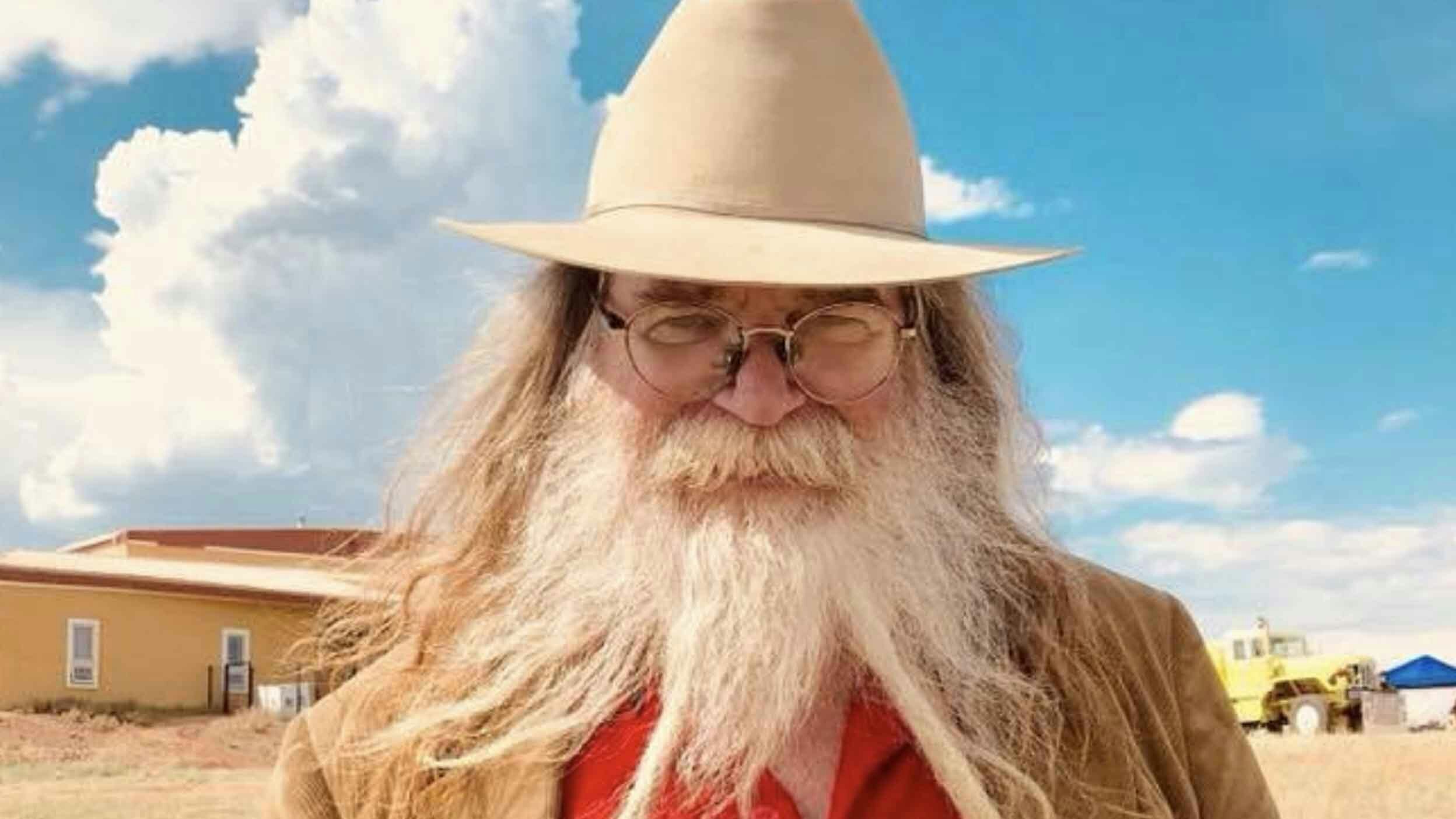Any large, modern and complex organization – be it government, religion, corporation or any other institution – operates under a contradiction. They rely upon the support and acquiescence of individuals in order to perform, and they also thrive on keeping secrets from individuals.
The secret acts of institutions are intended to further the aims of that institution, not to better the lives of people. Knowledge of that fact needs to be kept from the individual for the safety and well-being of the organization.
When a courageous individual, through a crisis of conscience, reveals to the world the inner workings of a government, religion or corporation, that person is labeled a whistleblower and is immediately accused by the organization of treachery.
That person gets a bullseye on their back for doing nothing other than speaking the truth.
Lets draw a clear distinction here between treason and whistleblowing, because that distinction is often blurred by the accusing organization.
Nobody can support or condone someone giving sensitive military secrets to an enemy that is armed and ready to harm the United States. Behavior like that deserves sanction and punishment.
But treason is materially different than, lets say, a whistleblower in a major tobacco company publishing scientific information that dispels Big Tobacco’s myth that cigarettes really aren’t all that harmful to you.
Do you see the difference? A traitor’s actions cause people to die, a whistleblowing tobacco executive’s actions prevent people from dying.
Mark Felt, whom you may know by the moniker Deep Throat, was a former FBI Deputy Director and whistleblower par excellence.
Moved by patriotism, he helped expose corruption in the Oval Office that eventually brought Nixon down. People went to jail, but nobody was killed. For that, he deserves praise. Our country is better for his courage.
There are others; Daniel Ellsberg, Edward Snowden, Frank Serpico and many more. Each had the personal bravery to expose wrong-doing in their organizations, and each suffered the wrath of those organizations.
They put their financial, professional and personal lives at risk to tell the truth. Sort of like pledging their lives, their fortunes and their sacred honor, if that rings a bell for you.
Chiseled into stone over the entrance to CIA headquarters is John 8:32, “Ye shall know the truth and the truth shall make you free.”; the words of Jesus, another whistleblower who spoke the truth about the world around him and suffered for speaking.
Why do governments, religions and corporations fear the truth that much?
I think the answer is fear. Large, impersonal organizations fear the individual.
They realize that they can do what they want only when a mass of people are ignorant of what that organization is doing to them. When an individual moves to free others by speaking truth to power, then power feels fearful and goes on the defensive.
Secrecy has a very limited place in our civic life, and when it is needed, it has to be justified on the basis of doing good for the individuals affected. That should be a very high bar, indeed. Its not good enough for an organization to tell us, “You don’t need to know. Just trust us.”
That’s why we, as citizens, need to be very skeptical of secrecy within our common institutions. We need to respect the individual over the organization. Its also why we should hold whistleblowers in high regard and praise them instead of punishing them for speaking the truth
What does that have to do with Wyoming? Each of us has to decide that for ourselves. But its certainly something to keep in mind if a political party that purports to represent you demands that you sign a Non-Disclosure Agreement before it lets you participate in your own political life.. Selah.





